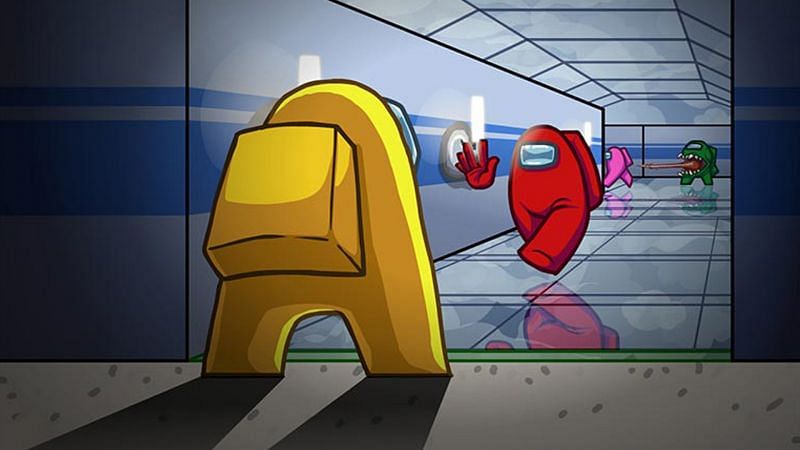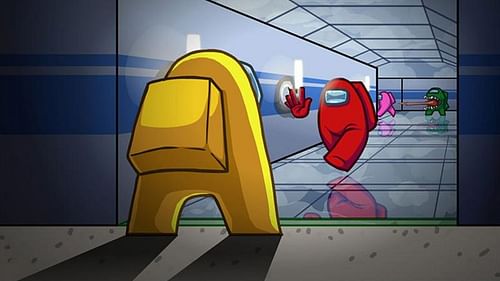
Breaking barriers: How Among Us has captured the zeitgeist

Among Us has achieved something that few games ever do, it has become something people see even outside the context of gaming.
For something to go from game to cultural phenomenon, it needs to enter into public awareness in a way that can’t be easily ignored or removed. Among Us has done this both through the sheer size of its player base, and the amount of tertiary creative content that gets produced for it.
How is Among Us reflective of the zeitgeist?
Zeitgeist refers to the general spirit or mood of the time. Anything which can be considered a reaction to or symbolic of some kind of grand unifying event can be said to capture the zeitgeist. To capture such a significant spirit, something must be more than simply a trend that comes and goes with the time. That is to say, it must capture the moment and not merely be subject to it.
Therefore, saying that Among Us has captured the zeitgeist means much more than to simply say that it is popular. Among Us is more than a game, it is the culmination of multiple ongoing phenomena.
Most obviously, Among Us captures the mood of isolation and desperation for social contact by emphasizing its person-to-person connections as a core part of its gameplay. However, this sociability is somewhat tainted through the inherent anonymity of the internet. Players can communicate, but only in a way that reinforces their isolation.
However, the parallels continue onward. As discussed previously, Among Us similarly addresses current ongoing issues in the real world regarding tribalism and the desire for an enemy. It gives players a type of catharsis associated with defending their tribe.
This is why Among Us is not just popular, but actually resonant with millions of players all around the world as everyone has this shared experience as a result of the pandemic.
Among Us is carried outside of the realm of gaming
This resonance is why players are so invested in producing more and more content related to the game. Responding to Among Us, producing something which evokes the game’s ideas, allows creators to respond to ongoing events.
It takes the mixture of emotions related to the pandemic, the isolation, the reliance on the internet, the very real fears that some people seem to be working for the virus, and allows creators to turn them into something comprehensible. It is a focal point, the spearhead of everything connected to and stemming from the turmoil shaking the world.
And, of course, it’s fun.